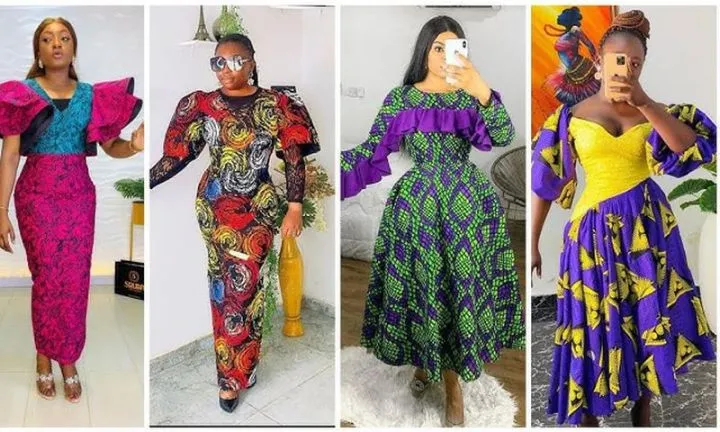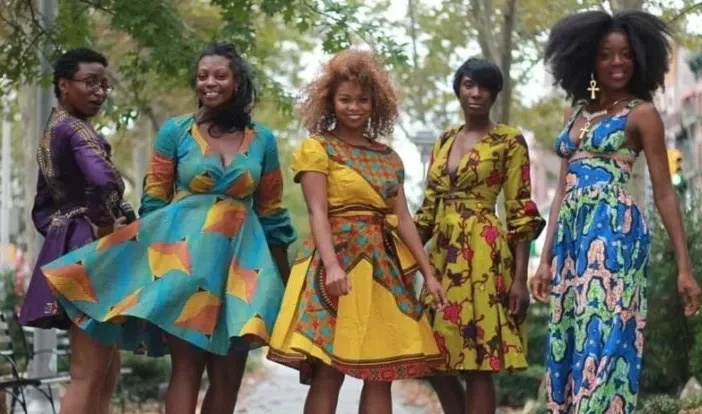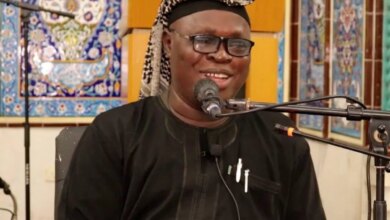Why do Nigerians wear native on Fridays?

Why is Friday the unofficial “native wear” day in Nigeria?
![Why do Nigerians wear native on Fridays? [YouTube] Why do Nigerians wear native on Fridays? [YouTube]](https://static.netnaija.com/i/xG7ZYR8zKq2.webp)
Nigeria is a deeply cultural country, but it’s also very modern. During the week, most office workers wear suits, shirts, and corporate wear. But by Friday, many switch things up, trading their ties and blazers for senators, kaftans, danshikis, and aso-oke.
This shift isn’t random. It’s a way of reconnecting with heritage at the end of the workweek. It says, “Yes, I work in a modern office, but I haven’t forgotten where I come from.”
The “TGIF culture”
In Nigeria, Fridays are not only the last working day of the week, they’re a soft landing into the weekend.
Wearing native on Friday is part of that wind-down routine. It signals ease and comfort, while still keeping things stylish and respectable.
Also, some workplaces actually encourage it. Dress codes tend to loosen up on Fridays, giving employees room to express themselves through fashion, and what better way than to rep your roots?
It’s a show of identity and pride
In a country with over 200 ethnic groups, clothing is a strong symbol of identity. Whether it’s a Yoruba in his agbada, a Hausa woman in her elegant ankara bubu, or an Igbo man in isiagu, native attire speaks volumes about where you’re from, and Nigerians are proud of that.
Wearing native wear on Friday is a way to showcase that identity boldly, especially in cosmopolitan cities like Lagos and Abuja, where different tribes live and work together. It’s a quiet but powerful display of cultural pride.

It’s a quiet but powerful display of cultural pride
Religious influence matters too
For many Muslims, Friday is a special day for prayers. In northern Nigeria and among Yoruba Muslims, it’s common to see men wearing flowing kaftans and caps (fila or hula) on Fridays because of Jumu’ah (Friday congregational prayers). Over time, this practice blended with office fashion, influencing even non-Muslims to adopt traditional wear for the day.
It’s now a cultural norm
At this point, it’s almost expected. If you walk into a Nigerian bank, government office, or even a startup on a Friday and someone isn’t wearing native, it feels odd. Over time, what started as a flexible dress-code idea has become a cultural norm; one that’s here to stay.





